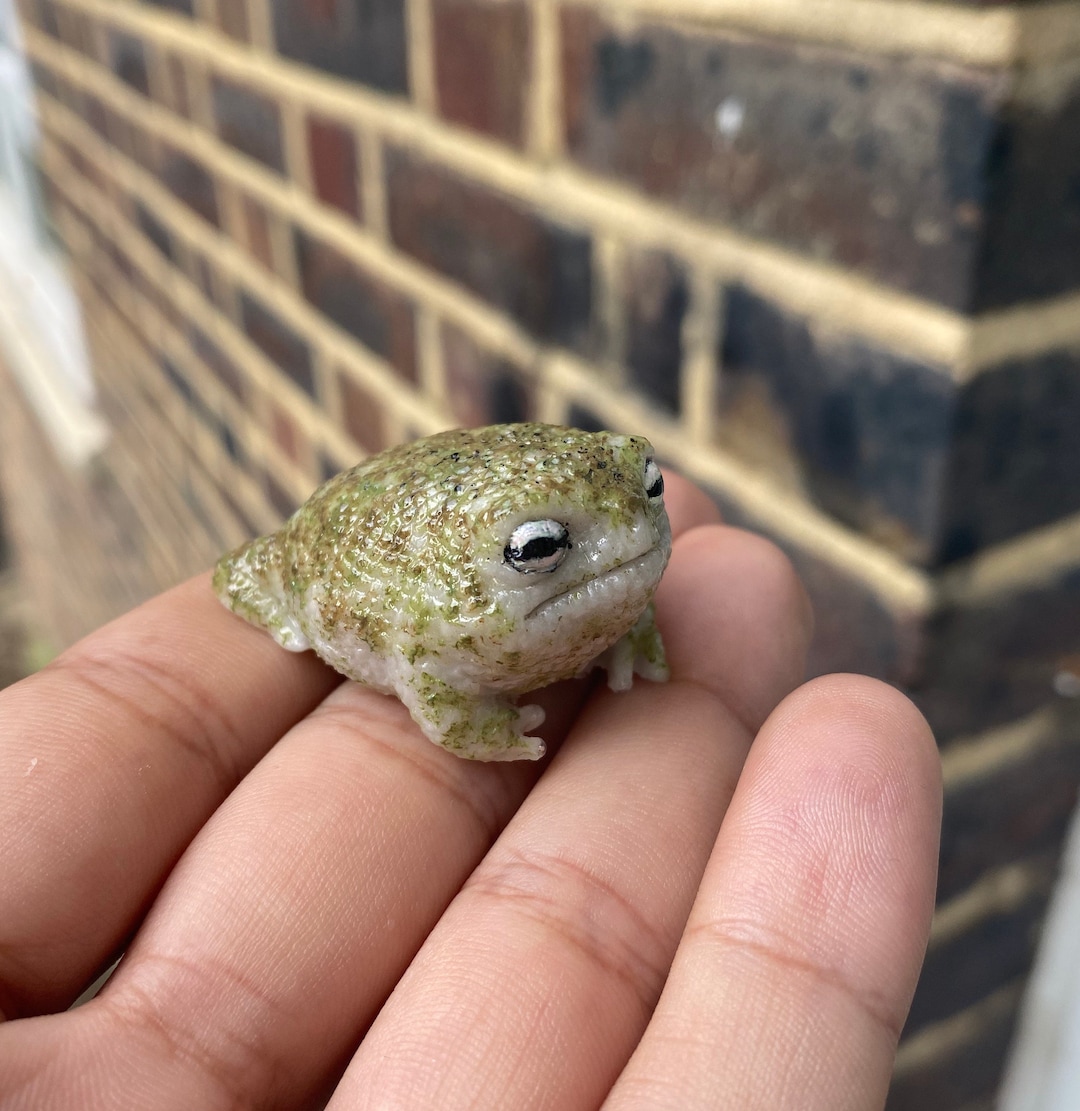Rain Frog for Sale: Check Out Unusual Amphibian Family Pets at Unbeatable Costs!
Wiki Article
Common Health And Wellness Issues in Reptiles: Signs And Symptoms and Solutions
In the detailed world of reptile care, recognizing the typical health issues that may affect these one-of-a-kind creatures is paramount in guaranteeing their well-being. Whether it's grappling with parasitical invasions, navigating dehydration problems, or dealing with skin disorders that materialize in subtle methods, being attuned to the symptoms and furnished with the knowledge of efficient solutions is crucial for any reptile proprietor.Respiratory System Infections
Respiratory infections in reptiles can significantly affect their total health and need timely focus from experienced veterinarians. These infections are frequently created by fungis, infections, or microorganisms and can show up through symptoms such as wheezing, nasal discharge, open-mouth breathing, and lethargy. In reptiles, respiratory infections can be particularly challenging to detect and deal with as a result of their one-of-a-kind makeup and physiology. Vets frequently depend on a combination of physical exams, diagnostic imaging, and lab tests to precisely determine the underlying reason for the infection.Treatment for respiratory system infections in reptiles typically entails a mix of helpful care, such as preserving proper humidity degrees and temperature gradients in the room, as well as targeted medication to address the specific virus in charge of the infection. It is crucial for reptile proprietors to check their animals closely for any signs of respiratory system distress and seek veterinary treatment at the earliest sign of an issue. With timely intervention and proper treatment, numerous reptiles can recoup completely from respiratory infections and return to typical activities.

Metabolic Bone Illness
What elements add to the advancement of Metabolic Bone Disease in reptiles?Metabolic Bone Illness (MBD) in reptiles is mostly brought on by an absence of proper calcium, phosphorus, and vitamin D3 levels in their diet. When reptiles do not receive appropriate calcium, either via their food or proper UVB direct exposure for vitamin D3 synthesis, they go to a high risk of developing MBD. Reptiles with diet regimens low in calcium or imbalanced calcium to phosphorus proportions are especially susceptible. Furthermore, insufficient exposure to UVB light protects against reptiles from manufacturing vitamin D3, which is essential for calcium absorption and bone health and wellness.
Not enough humidity degrees can likewise impact a reptile's capacity to metabolize calcium successfully. Regular vet examinations, proper husbandry practices, and a balanced diet regimen are crucial to protect against Metabolic Bone Illness in reptiles.
Parasitic Invasions
Parasitic problems position a substantial health and wellness danger to reptiles, influencing their general health and needing prompt vet attention. Reptiles can be impacted by various parasites, consisting of mites, ticks, interior worms, and protozoa. These parasites can trigger a variety of signs, such as weight-loss, sleepiness, skin inflammation, looseness of the bowels, and even fatality if left neglected.One usual parasite located in reptiles is the mite, which can cause skin stress and anxiety, irritation, and anemia. Ticks are another outside bloodsucker that can trigger and send diseases discomfort to the reptile. Interior parasites like worms and protozoa can cause digestive concerns, poor nutrition, and damage the reptile's Source immune system.
To identify a parasitical problem, a vet might perform fecal tests, skin scrapings, or blood tests. Treatment typically includes deworming medicines, antiparasitic baths, or in serious situations, a hospital stay. Preventative procedures such as routine vet examinations, appropriate health, and quarantine procedures for new reptiles can help reduce the risk of parasitic infestations and guarantee the wellness of reptile animals.
Dehydration and Hydration Issues
Dehydration in reptiles can dramatically influence their wellness and wellness, requiring timely intervention and ideal hydration monitoring. Reptiles are vulnerable to dehydration as a result of different aspects such as insufficient water intake, high environmental temperature levels, and particular wellness conditions. Symptoms of dehydration in reptiles consist of sunken eyes, sleepiness, loss of skin elasticity, and reduced peeing. Dehydration can lead to major health and wellness issues and even be deadly to the reptile - rain frog for sale. if left unattended.To avoid dehydration, reptile owners need to make sure that their animals have accessibility to clean water in all times. The water meal should be big sufficient for the reptile to take in if required, especially for varieties that absorb water with their skin. Additionally, preserving correct humidity degrees in the reptile's enclosure and offering normal baths can assist prevent dehydration.
In situations of dehydration, read here it is crucial to seek vet care quickly. A vet might administer liquids either by mouth or through injections to rehydrate the reptile. It is important to deal with the underlying reason of dehydration to stop reoccurrence and guarantee the he said reptile's overall well-being.
Skin Conditions

Final Thought

Respiratory system infections in reptiles can dramatically affect their overall wellness and need prompt focus from skilled veterinarians (rain frog for sale). Preventative actions such as routine vet examinations, correct health, and quarantine treatments for new reptiles can help lessen the threat of parasitic infestations and make sure the well-being of reptile animals
If left unattended, dehydration can lead to severe health problems and even be fatal to the reptile.
Regularly checking your reptile for any modifications in skin appearance, color, or appearance can aid in very early discovery and treatment of skin conditions, advertising the overall health and wellness and health of your scaly buddy. - rain frog for sale
In verdict, reptiles are prone to different health and wellness concerns such as respiratory system infections, metabolic bone disease, parasitical problems, dehydration, and skin ailments.
Report this wiki page